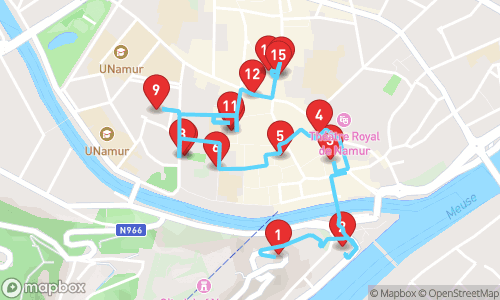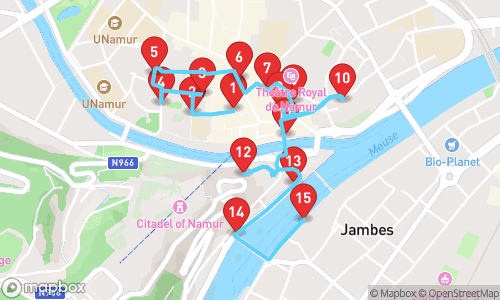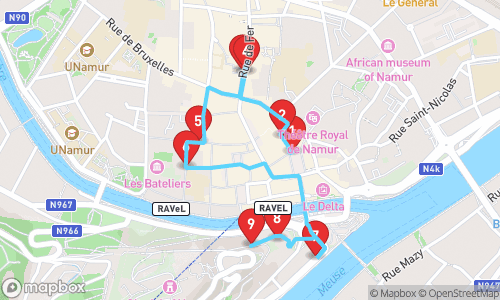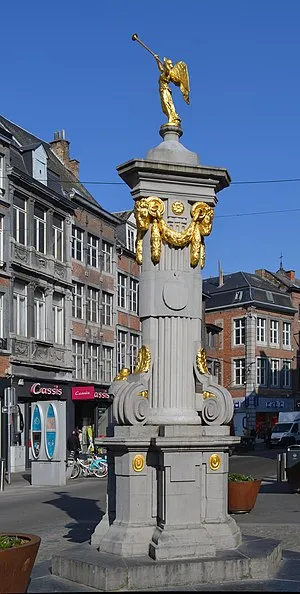
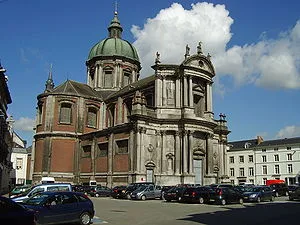
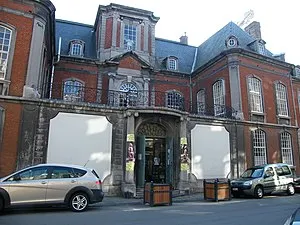
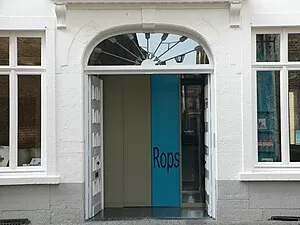
Die verborgenen Schätze von Namur: Eine kulturelle Reise

Tour Guide
Ryan Multilingual
Welcome to Namur! On this GPS guided audio tour, we will visit 11 stops on a route of 2.77km. This tour focusses mainly on general tourism.
Locatello is an app where you can generate personal audio guided tours. Set your preferred distance, guide, language and theme, and a guided tour is created on the spot.
Walking Time
Distance
stops
Language
Tour Stops

Pompe du Marché de l'Ange
A small, decorative monument, also called the Angel Fountain, adorns the Place de l'Ange in Namur, Belgium. The sculpture, artistically decorated with volutes and acanthus leaves, was installed in 1791 and is a symbol of the city of Namur, classified since 1936.

St Aubin's Cathedral
A Gothic-Romanesque cathedral founded in 1047, with a papal bull in 1559 establishing it as the Diocese of Namur's cathedral, featuring an ornamented frieze and works of art by Anthony van Dyck, Jacob Jordaens, and Jacques Nicolaï.

hôtel de Groesbeeck - de Croix
A 13th-century hotel particulier, the Hôtel de Groesbeeck - de Croix, was redesigned in the mid 18th century. It currently serves as a museum, housing the town's collection of 19th, 20th, and 21st century decorative arts.

musée provincial Félicien Rops
A museum showcasing the artistic work of Félicien Rops, a renowned Walloon artist. The collection provides a comprehensive overview of his career, from his beginnings as a caricaturist to his most famous works as a graphic artist.
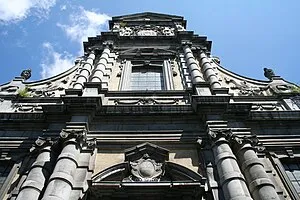
Saint Lupus Church
A parish church, Saint-Loup Church is a major baroque church in Namur, Belgium, listed as part of the "Patrimoine majeur de Wallonie".
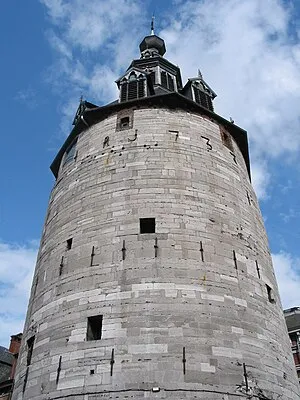
Belfry of Namur
A historic tower, originally part of the city wall, serves as Namur's belfry, housing a clock that signals events and indicates time. Classified as a World Heritage Site, it represents civic architecture and the city's influence in Europe.
Audio Preview
30 sec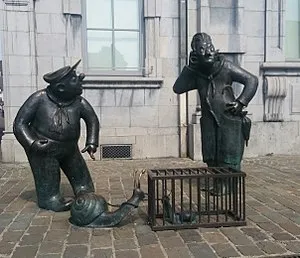
Djoseph and Françwès
A bronze statue of two slow-moving characters, Djoseph and Françwès, discussing while observing their snails, symbolizing the reputation of Namur's inhabitants for being slow and embodying the local spirit of the "chwès".
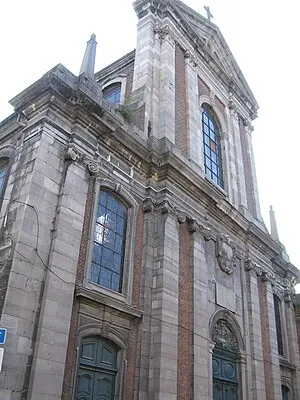
Church of our Lady of Harscamp
A Renaissance-style church built in 1750, originally consecrated as Notre-Dame d'Harscamp, featuring a rich interior with fine artworks, including ornate stalls, Baroque-style statues, and frescoes depicting the life of the Virgin Mary.
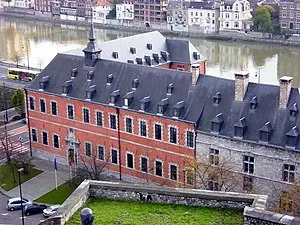
Hospice Saint-Gilles
A 13th-century hospice, now housing the Walloon Parlement, has undergone multiple renovations, including in the Renaissance era. Since its historic inception as a hospital, it has been known by various names, including 'Hospice Saint-Gilles'.
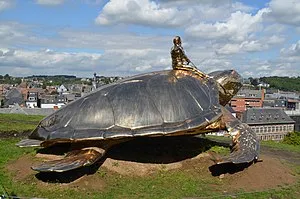
Searching for Utopia
A monumental sculpture dominating the city skyline, affectionately known as "The Turtle", invites for a walk and brings together passers-by, becoming a symbol of the city.
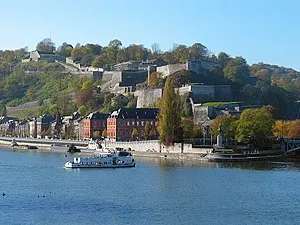
Citadel of Namur
A fortress originally from the Roman era, rebuilt several times, and designed by Menno van Coehoorn with improvements by Vauban, classified as a Wallonia Major Heritage site and the highest point of the Meuse Citadels.
Download App
Experience this tour and many more with our mobile app. Available for iOS and Android.
Audio Preview
Tour Map
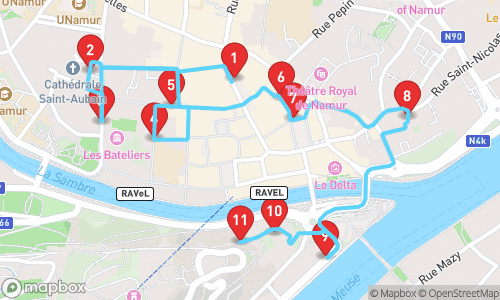
Quick Facts
- ✓GPS-guided navigation
- ✓Professional audio narration
- ✓Offline maps available
- ✓Premium content included
Why Choose This Tour
Expert Local Guide
Narrated by Jenny Multilingual, specializing in general tourism
Flexible Timing
Take the tour at your own pace, any time of day
